VICE's #BlackLove series celebrates the bonds between Black people through intimate, powerful, and uplifting narratives of love in all its forms. Through these stories, we honor the art, activism, and beauty that grows from black love.
Miranda Barnes employs a street-style approach to capturing black love. She strolls around her neighborhood, Sunset Park, Brooklyn, analog camera in hand, and spots POC subjects radiating affection and intimacy: twin girls walking hand-in-hand, a father and son playing soccer, a young couple hanging out by the pool. For Miranda, her photos are an act of love. Through them, she strives to give confidence and validation to her subjects. To let them know they are worthy of getting their photos taken, of being seen.
It’s shocking to think photography was once a “back burner” hobby for Barnes. The 24-year-old originally planned to become a lawyer, earning a BA in Humanities and Justice from John Jay Criminal Justice last year. Photography was a side-project, a way to capture and explore the black identities and politics she studied in class. But opportunities quickly arose for Barnes. First ESPN, then VICE, and before she knew it her work was on the revered A1 page of the New York Times. The photo? A sun-drenched snapshot documenting the 50th anniversary commemoration of Martin Luther King Jr.’s assassination. “That’s when I was like okay I’m really going to do this thing,” she tells VICE.
Here, Barnes talks to VICE about capturing everyday black lives in Brooklyn and shares a personal syllabus of films and songs that embody black love.
VICE: How does your criminal justice background influence your photography?
Miranda Barnes: I started attending John Jay the same time the Black Lives Matter movement was happening. I really wanted to teach myself about race, class, and socioeconomics in America. The only way to do that was to really study the history of lynching, terrorism, and crime and punishment in this country. When I’m taking photos, I’m subconsciously always thinking about social documentary and relating it to classes that I’ve taken.
VICE: What did your family teach you about love?
Barnes: My grandmother was always taking photos of our family. Being around that definitely influenced me. I was able to see what black love looked like. Her brother (my great uncle) used to travel and take photos. I don’t know much about his photography—and I’m still trying to find his work. When he passed away two years ago, he left a Rolleiflex camera to the family and I have that now. I would be so
interested to see the work he’s done. I hope I can find it this year.
VICE: I notice there is a lot of sunshine in your photos. It really adds a jubilant spirit to these snapshots of everyday black lives you’re taking. What attracts you to this style of shooting?
Barnes: My technical process—because I didn’t study art in an academic setting—is really using as much light as possible in my photos. Plus, I love old nostalgic films from the 60s and 70s.
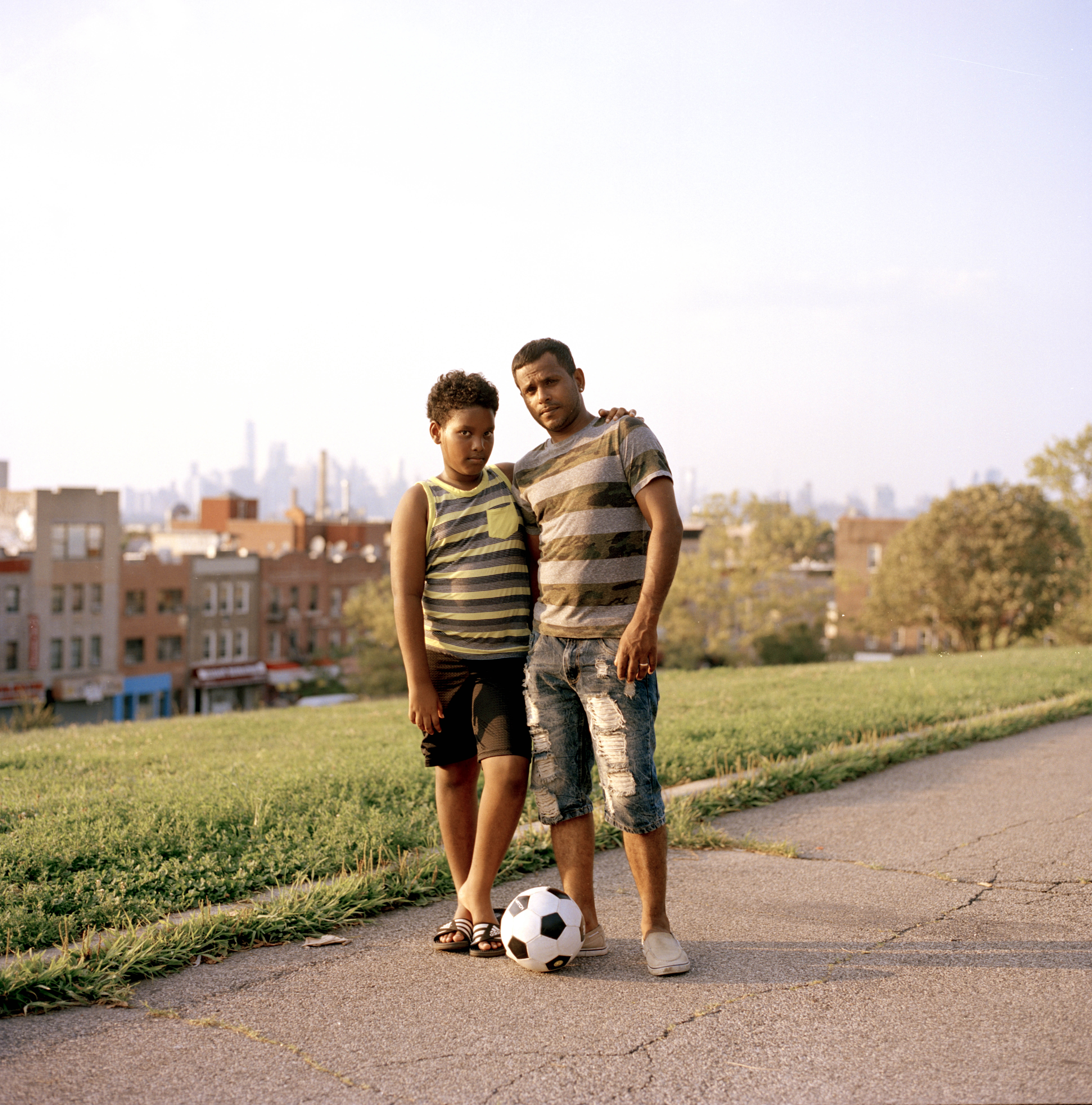
VICE: What was it like shooting POC subjects in Sunset Park? It feels like you are showing love to your subjects through taking their photo. Letting them know they are worthy of being captured.
Barnes: I wanted to give this sense of taking back our narrative. I find that when I approach POC subjects and ask to take their photo, they’re like, “Wait, you want to take a photo of me
?” I always exchange information with them and send a physical copy of their photo. A lot of them have never had a proper portrait taken of them that’s not on an iPhone. Asking to take their photo and validating their existence is, a lot of the time, more important to me than the actual photo.
VICE: A photo of yours that really strikes me is of a couple embracing each other. There’s a casual, effortless affection between them. You don’t see that too often in the media when it comes to black people. Can you tell me the story behind that photo?
Barnes: I had saw that couple walking with their friends. The way they were embracing was so tender and loved. It was a long summer day and the couple had spent all day in the pool. When I asked if I could take their photo they asked me, “Well how much do we have to pay you?” They were shocked I even wanted to take a photo of them! A lot of people don’t think they’re important enough to get their photo taken. Now I randomly run into them and they’re always like, “Hey, you’re the photo girl!”
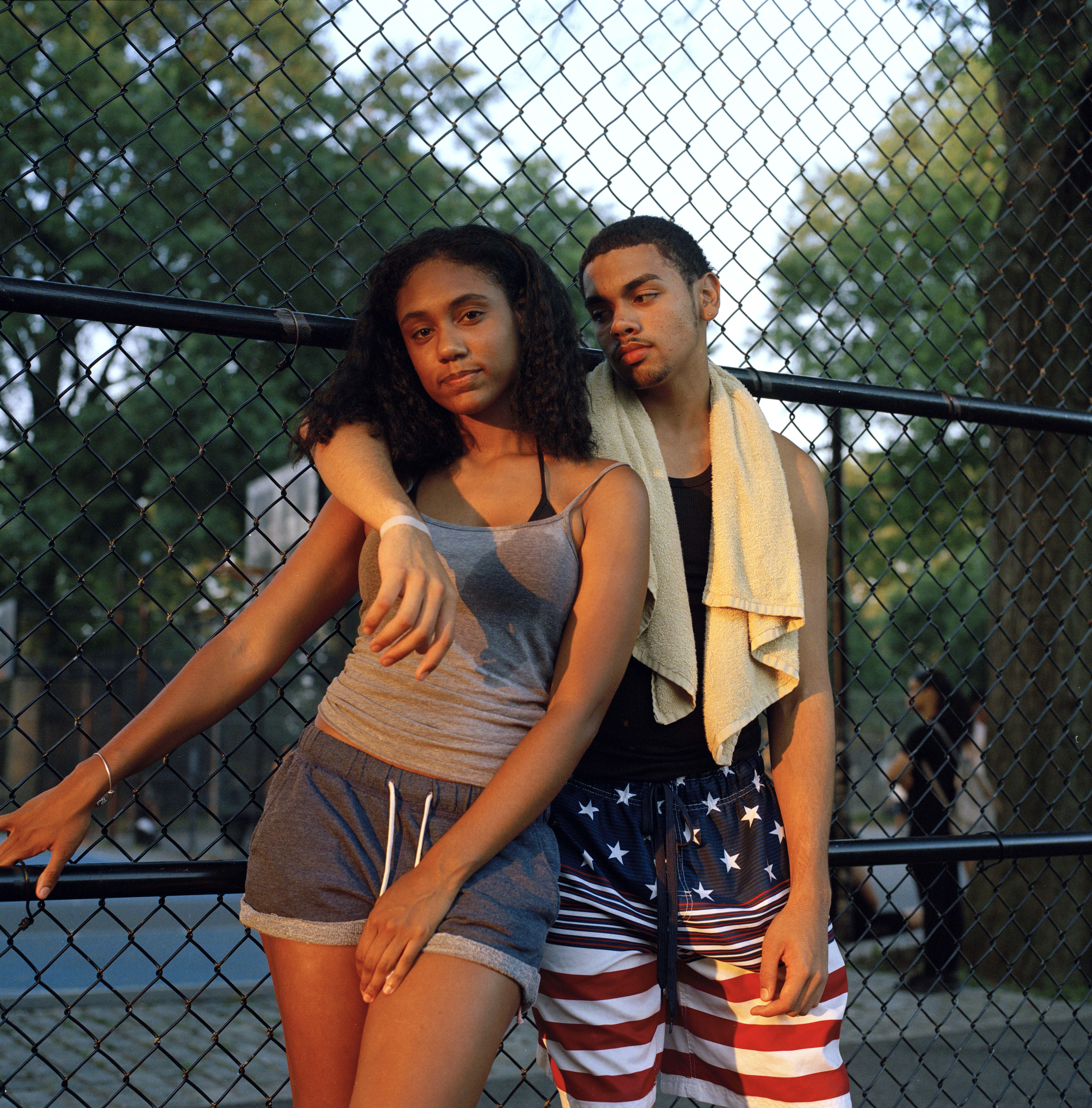
VICE: How do you feel about the way black love is represented in the media?
Barnes: For so long we haven’t seen our stories showed. I just saw If Beale Street Could Talk and I was so excited to see a movie like that. Right now there is an awareness that we need to do better and show our stories. But, also, allowing us [black people] to tell these stories and not have them be from a white perspective. Because showing black love through a white gaze is very problematic.
VICE: How has your understanding of black love expanded over the years?
Barnes: For me, it’s realizing how crucial it is for me to continue learning how to love. I think it’s so important to see and learn how to love yourself. And also unlearn stereotypes born out of not seeing yourself. It’s this process of learning and unlearning. When I see representation I’m still shocked by it. Because it’s not the narrative we’ve been taught.
I always think about my mom when it comes to black love. How she would have black angels on top of our Christmas tree and buy me black dolls. Little things you don’t think about at the time. But when I think back on it now, I see how ahead of the curve she was when it came to teaching us representation.
VICE: Finally, if you had to create a syllabus featuring films, books, and other media that provide strong examples of black love, what would be on that list?
Barnes: The Underground Railroad by Colson Whitehead, Billie Holiday’s version of “I’ll Be Seeing You,” “All My Life” by K-Ci & Jojo, Imitation of Life, Love & Basketball, A Raisin in the Sun, and If Beale Street Could Talk.
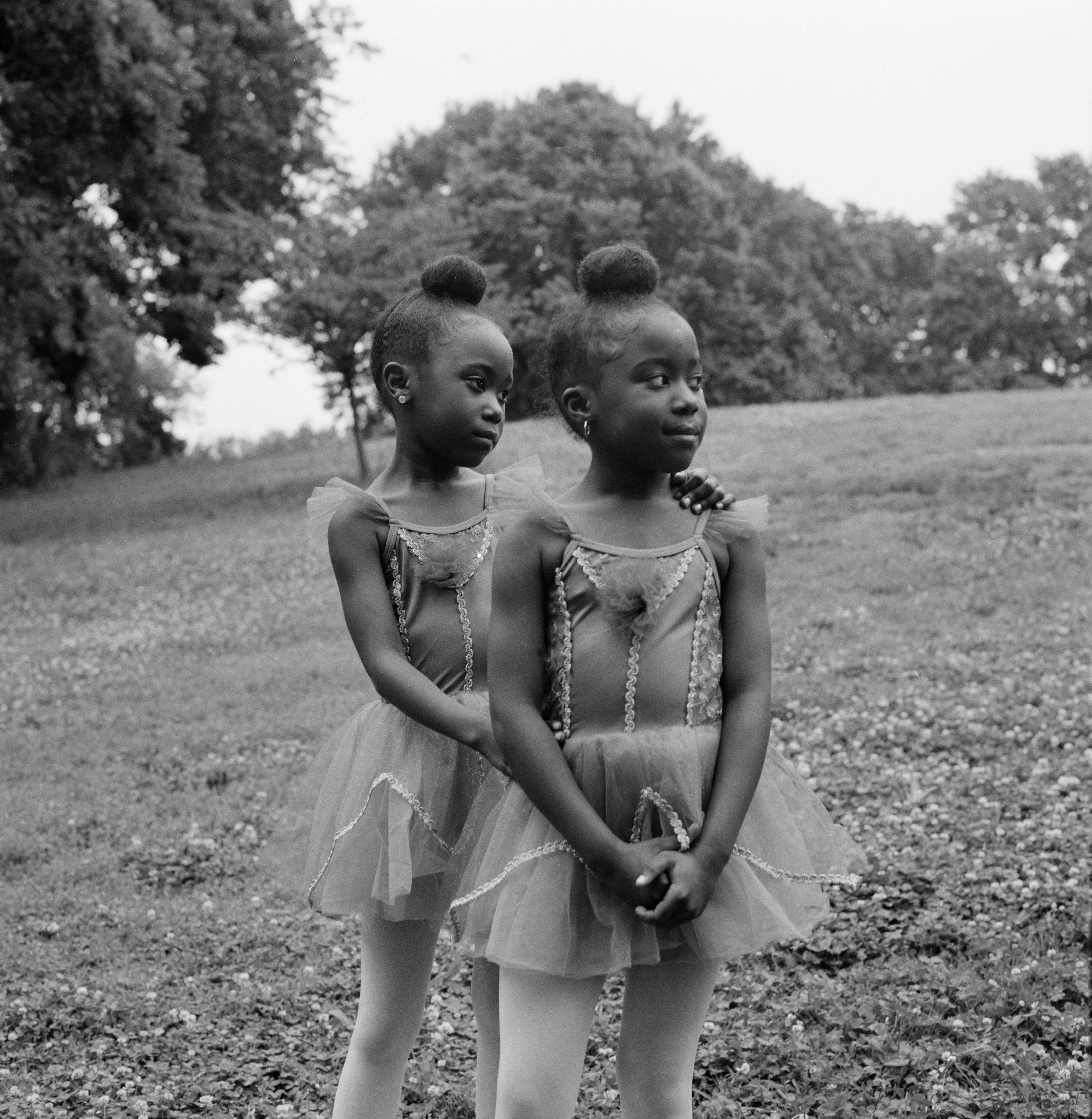
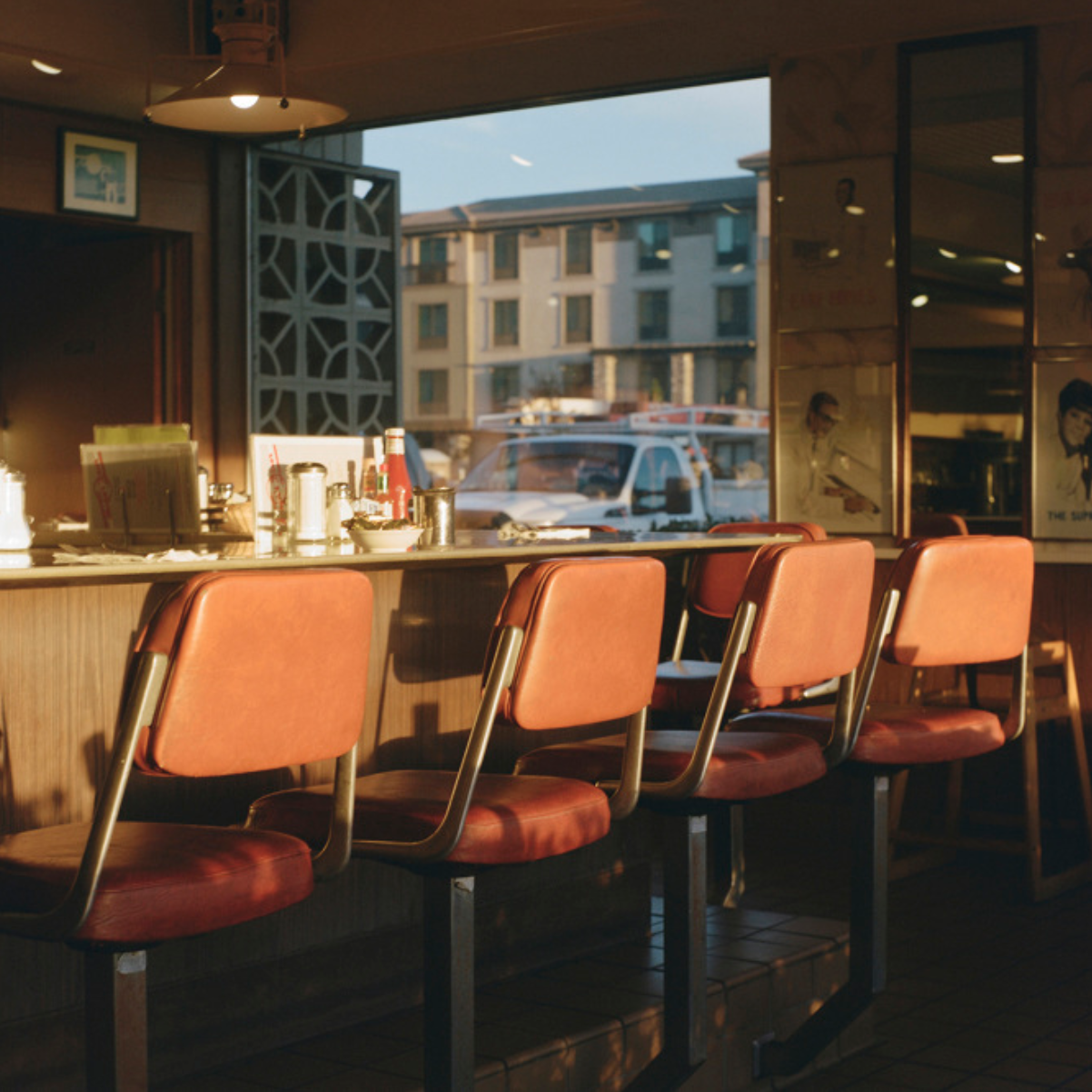
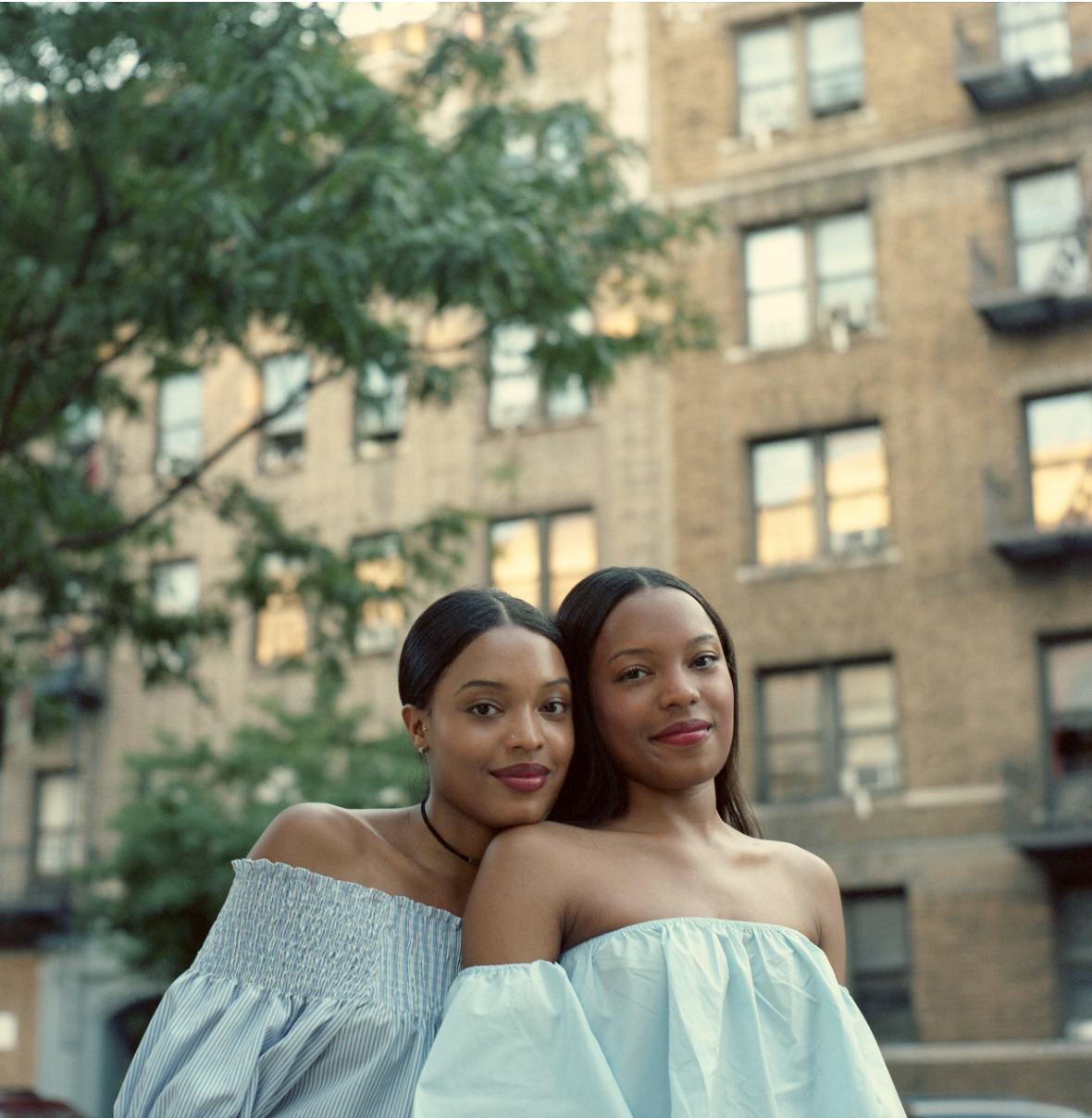
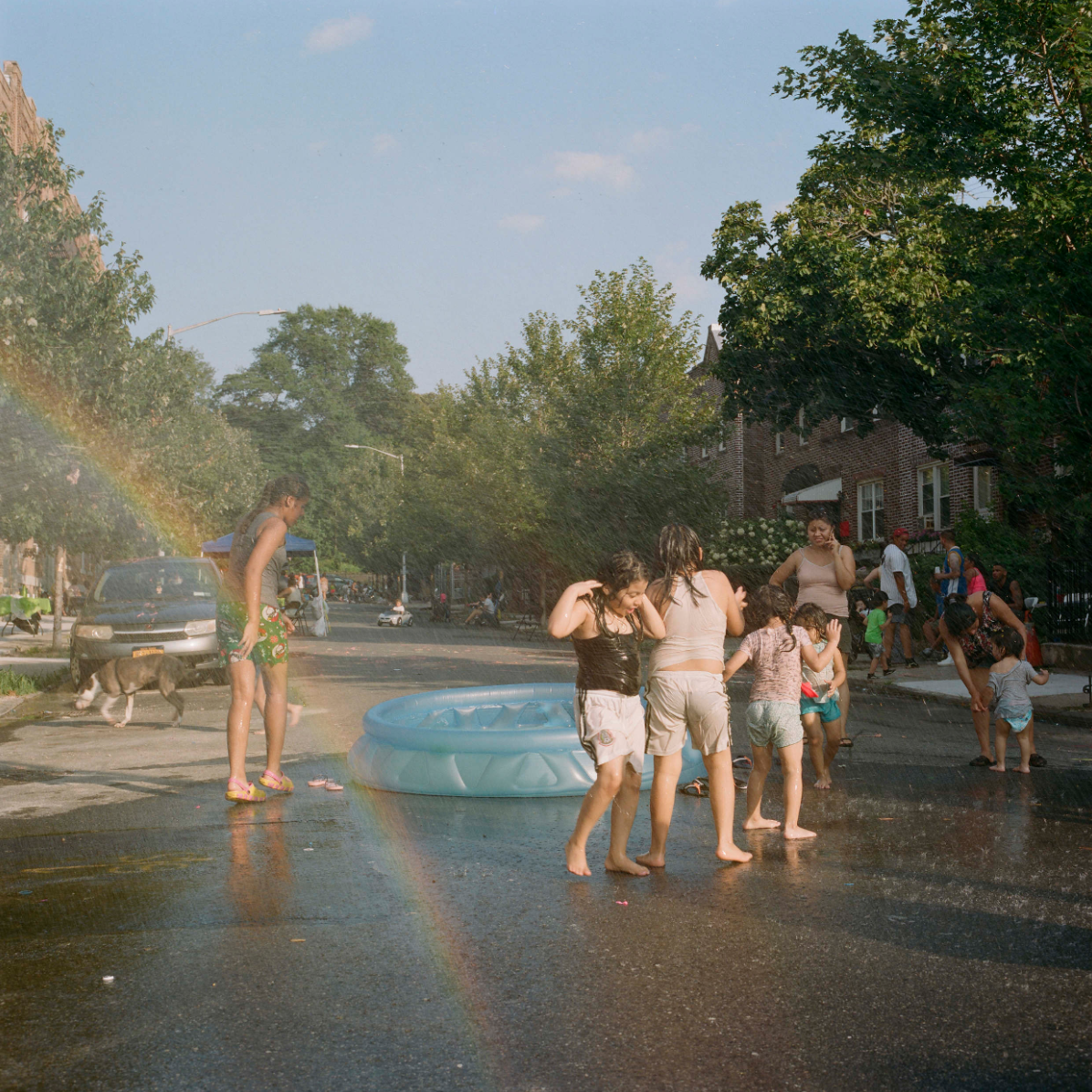
Sign up for our newsletter to get the best of VICE delivered to your inbox daily.
Follow André Wheeler on Instagram.
from VICE https://ift.tt/2EBhywF
via cheap web hosting
No comments:
Post a Comment